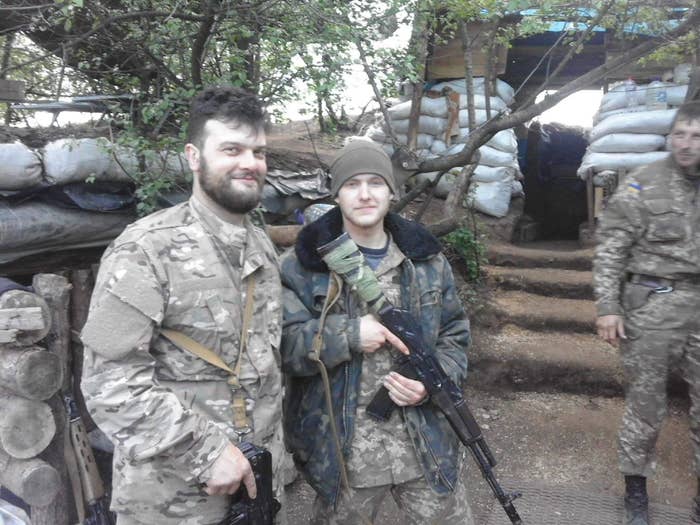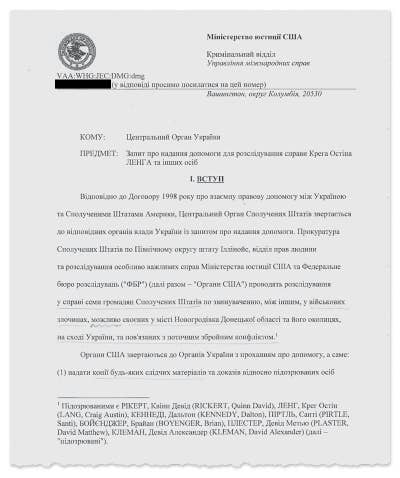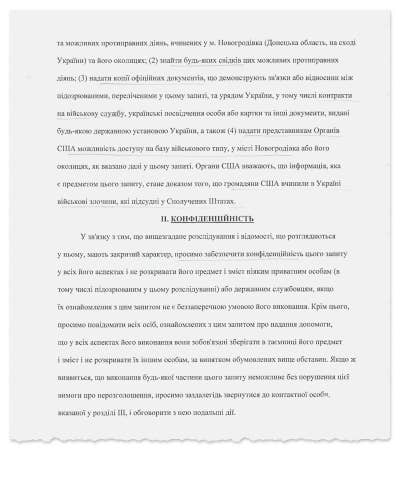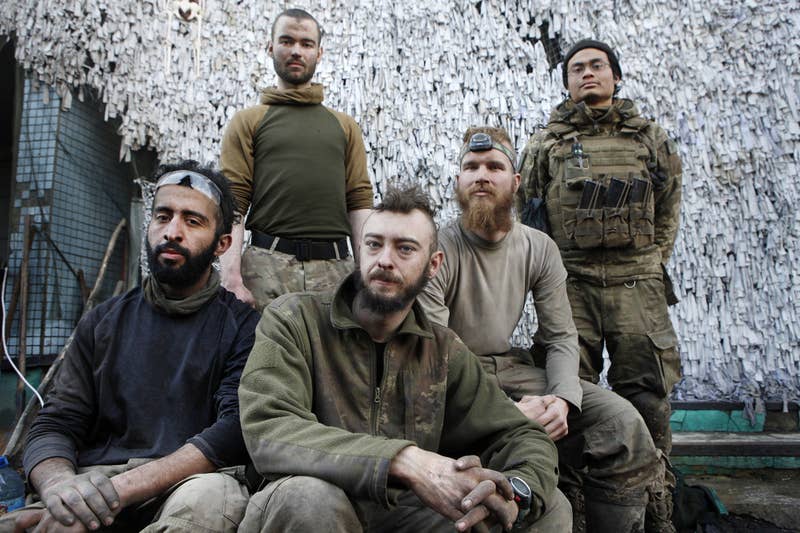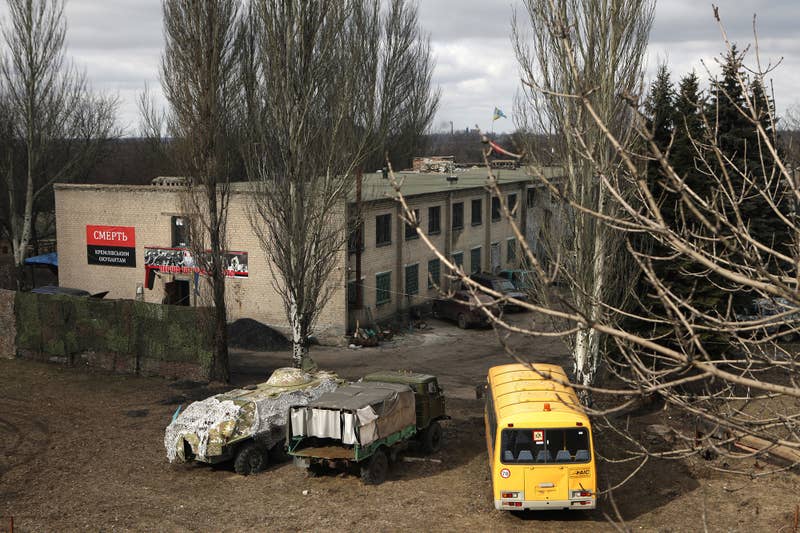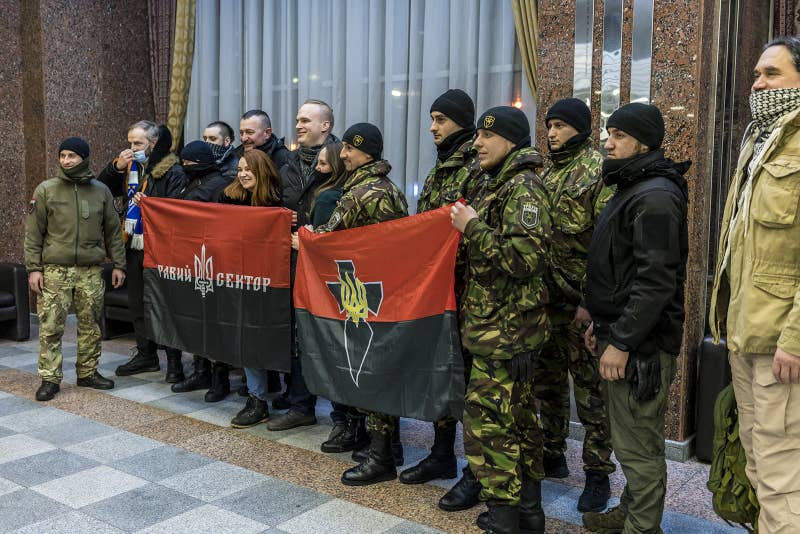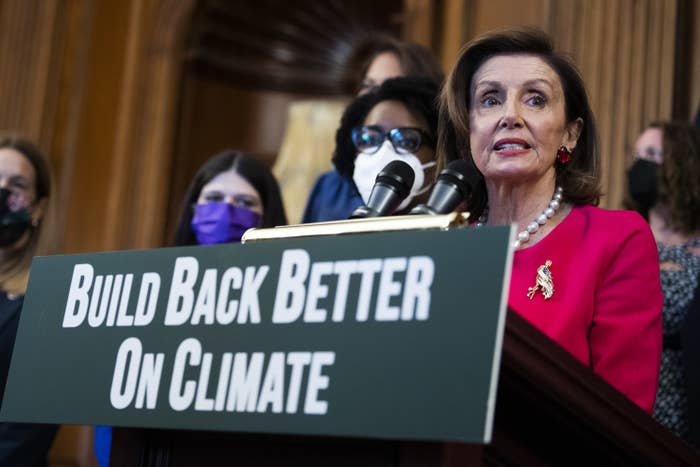FBI searches homes linked to Russian oligarch Oleg Deripaska
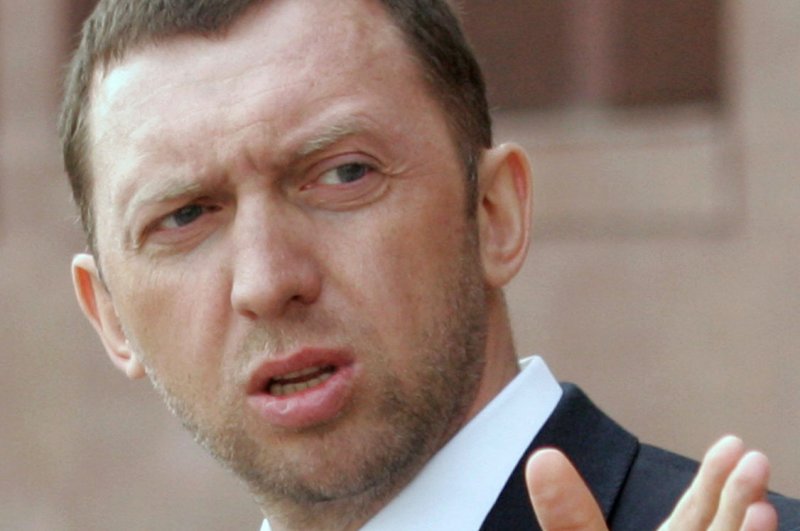
FBI agents searched homes in Washington, D.C., and New York City linked to Russian oligarch Oleg Deripaska, who was sanctioned by the Treasury Department in 2018. File Photo by Anatoli Zhdanov/UPI | License Photo
Oct. 19 (UPI) -- FBI agents on Tuesday reportedly searched two homes connected to Russian oligarch Oleg Deripaska.
Agents searched homes in Washington, D.C., and New York City as part of unspecified "law enforcement activity" related to Deripaska, a close ally of Russian President Vladimir Putin who was indicted by the U.S. Treasury Department in 2018, NBC News and The Washington Post reported.
A spokeswoman for Deripaska told NBC News both properties belong to his relatives.
"The searches are being carried out on the basis of two court orders, connected to U.S. sanctions," the spokeswoman said.
Deripaska, a billionaire oil tycoon, was one of dozens of Russian oligarchs sanctioned in 2018 for what the Treasury Department described as brazen behavior and attacks on Western democracy.
"Deripaska has been investigated for money laundering and has been accused of threatening the lives of business rivals, illegally wiretapping a government official and taking part in extortion and racketeering," the Treasury Department said at the time.
He was also an associate of former President Donald Trump's one-time campaign manager Paul Manafort who tried to offer "private briefings" to Deripaska about the 2016 presidential race, according to emails included in the Mueller report.
Russian businessman funded ex-Giuliani associates' account, court records show

FILE PHOTO: Combo file picture shows Ukrainian-American businessman Lev Parnas and Russian born businessman Igor Fruman exiting the United States Courthouse in New York
Luc Cohen
Mon, October 18, 2021,
NEW YORK (Reuters) - A Russian businessman funded an account used by two ex-associates of Rudy Giuliani to donate to U.S. political campaigns, according to documents shown in court on Monday.
Prosecutors presented the financial records to a Manhattan federal court jury in the second week of the trial of one of the former associates, Lev Parnas, on charges of violating campaign finance laws.
Prosecutors say the Ukraine-born Parnas and another Giuliani associate, Belarus-born Igor Fruman, illegally funneled money from Moscow-based businessman Andrey Muraviev to candidates in U.S. states where the group was seeking licenses to operate cannabis businesses. Parnas pleaded not guilty.
Two Muraviev-owned firms wired $1 million to an account held by Fruman's FD Import & Export Corp between June and December 2018, bank statements showed.
That account then paid off more than 99% of the balance on a credit card account Parnas, Fruman and a company they founded used to make more than $150,000 in donations to candidates and committees ahead of the Nov. 6, 2018 election, the records showed.
Fruman pleaded guilty to violating campaign finance laws in September.
Parnas' attorney, Joseph Bondy, said in opening arguments last week that Muraviev's money was used for business ventures, not Parnas' campaign contributions.
The case has drawn attention because of the role Parnas and Fruman played in helping Giuliani - Donald Trump's former personal attorney and a former New York City mayor - investigate Joe Biden ahead of the 2020 election. Biden, a Democrat, defeated Republican Trump's re-election bid.
Giuliani's attorney has said the Parnas case is separate from a federal inquiry into whether Giuliani violated lobbying laws while working as Trump's lawyer. Giuliani has not been charged with any crimes and denies wrongdoing
(Reporting by Luc Cohen in New York; editing by Richard Pullin)
Former aide to Rep. Pete Sessions testifies at trial of Giuliani associate

Josh Gerstein POLITICO
Mon, October 18, 2021
A former chief of staff to Rep. Pete Sessions (R-Texas) testified on Monday as a prosecution witness at the criminal campaign-finance trial of an associate of former President Donald Trump’s lawyer Rudy Giuliani.
Caroline Boothe, who is now finance director for Rep. Liz Cheney (R-Wyo.), detailed interactions with the defendant, Florida businessperson Lev Parnas, in 2018 as Sessions was facing a tough campaign for reelection.
Boothe described Parnas’ visits to Sessions, a VIP tour she gave to Parnas and confirmed that he had — at least for a time — Sessions’ jersey from the congressional baseball team. But the bulk of her testimony to a federal jury in New York was about the mechanics of fulfilling a pledge Parnas made to donate or raise $20,000 for Sessions’ campaign. Boothe said Parnas and two other men who’ve already pleaded guilty in the case, Igor Fruman and David Correia, visited Capitol Hill in June 2018 in the company of longtime Sessions friend Roy Bailey.
The initial indictment in the case suggested that Parnas’ offers to donate and raise money for Sessions were linked to an effort to oust the U.S. ambassador to Ukraine at the time, Marie Yovanovitch. Parnas and Fruman worked closely with Giuliani in that drive, which ultimately led to Trump’s first impeachment. However, Giuliani has not been charged in the case and the Justice Department quietly removed that allegation from an updated version of the indictment last year.
Boothe wasn’t asked about that aspect of Parnas’ dealing with Sessions, but said that when the men offered to help the congressman’s campaign financially, she suggested they discuss it outside the building.
“I said, ‘I’d love to talk about this further. Let’s take it across the street,’” Boothe said, taking the group to the Capitol Hill Club. “You can’t conduct any campaign or unofficial business on government property,” she explained to the jury.
Boothe said the men were enthusiastic about aiding Sessions. “They were really excited to help out. Lev said he’d max out, but also help bundle contributions,” she recalled. “He mentioned bundling around $20,000.”
However, a request from Parnas’ assistant days later to put a $20,000 donation on a single credit card raised some questions, Boothe said. She consulted Sessions’ longtime chief of staff who had just stepped down, Matt Garcia, who told her that it was permissible but that it would “look better” for the money to be charged on separate cards. Boothe testified that she ultimately referred the issue to Sessions’ fundraiser.
In the end, only $5,400 came in and fundraisers were told to attribute half to Parnas and half to Fruman. Sessions donated the money to charity after the men were arrested in 2019.
Boothe also added some colorful testimony to the trial, acknowledging that Parnas looked a bit out of place at the Capitol and in fundraising photos because of his fondness for gold chains. While reviewing photos introduced as evidence at the trial, she confirmed that Parnas sat in Sessions’ chair’s chair during a tour of the House Appropriations Committee room and that in photos taken at the Trump International Hotel, Parnas was wearing Sessions’ congressional baseball jersey.
“Congressman Sessions is a very friendly man and he likes to do friendly things,” she told Parnas’ defense attorney Joseph Bondy. “I don’t know exactly why.”
Lawyers for Parnas and a business associate on trial with him, Andrey Kukushkin, have argued to jurors that campaign finance law is complex and nuanced. The defense attorneys are seeking to raise doubts about whether the government has proven that the pair knew they were breaking the law by donating money that was loaned by a Russian businessperson.
Under questioning by the prosecution, Boothe said flatly that any money coming from a foreign national or donated in the name of another person would have been rejected, if she had known. “That’s illegal,” she said during about 90 minutes on the witness stand broken up by a one-hour lunch break.
But when cross-examined by Bondy, Boothe acknowledged some of the campaign-finance rules have exceptions, like one that allows foreigners with green cards to give money. She said that she “had no reason to” think Garcia wanted to break the law, but that she wanted to be extra careful.
“At the end of the day, I saw what is black and white and we’re going to go that way. I don’t want any gray,” Boothe said. “I was chief for 72 hours at that point, so I wanted to make sure I was crossing all my t’s and dotting all my i’s.”
“Great minds can differ,” Bondy added later.
Boothe may also have inadvertently underscored the defense’s point about the complexity of the law by claiming at the outset of her testimony that individuals under 18 can’t donate. Such a ban was in the McCain-Feingold law passed in 2002, but the Supreme Court struck down that provision the following year.
Sessions wound up losing the 2018 race to Democrat Colin Allred, but regained another House seat in 2020 after moving his residence from Dallas to Waco.
Prosecutors appear set to rest their case on Tuesday after announcing they had dropped plans to call Joseph Ahearn, finance director of the pro-Trump super PAC America First Action. Bondy said he might seek to call Ahearn as a witness, perhaps later Tuesday. U.S. District Court Judge Paul Oetken said he’d approve a defense subpoena for Ahearn when the court received it.
Still unclear is whether Parnas will take the stand in his own defense. Prosecutors and the defense are expected to wrangle on Tuesday morning about the scope of potential cross-examination of Parnas, should he choose to testify.









